Prosecute Donald Trump or the US will pay a heavy price
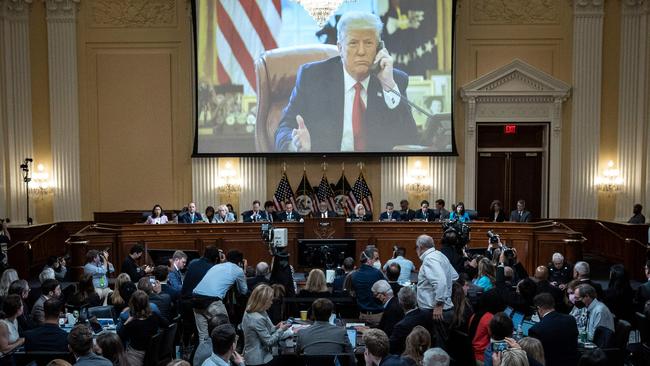
When Ford originally announced his decision to shield his predecessor from prosecution, the journalist Carl Bernstein called his fellow Watergate investigator Bob Woodward, furious at the news. “The son of a bitch pardoned the son of a bitch,” he exclaimed. The two men saw the decision as “the final perfect corruption of Watergate”.
Yet 40 years later they announced they had changed their minds. Woodward even said he was humbled by how wrong he had been. Both he and Bernstein concluded that Ford’s had been an act of “great courage” and was done for the good of the country. Without it, there would have been years more of Watergate, splitting the nation, distracting political attention at a time of economic difficulty and resulting in a former president going to jail.
Who was right? The young Woodward and Bernstein? Or were they, 40 years later, not only older but wiser? This is not a purely historical question. Because the US now faces a similar decision. Should the Department of Justice seriously consider prosecuting Donald Trump, following the revelations made during congressional hearings on last year’s January 6 riot and invasion of the Capitol?
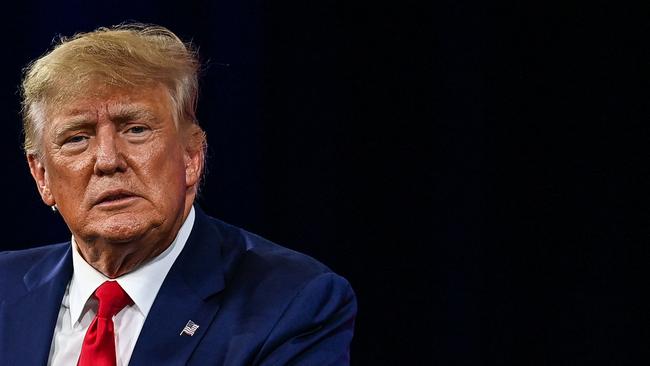
There is certainly plenty for the legal authorities to look into. The main questions, of course, concern his conduct on the day itself. Did he engage in corrupt obstruction of official proceedings by seeking to prevent certification of the 2020 presidential election result? What exactly was his role in firing up the crowd that day?
There are other legal issues too. Did his call to Georgia’s secretary of state, pressing for votes to be found to overturn its presidential result, constitute illegal electoral interference? And some of his financial dealings certainly demand further investigation. A lot of money was raised to finance a challenge to the election results and the extent to which it was used for that purpose is unclear, to say the least. In response to each of these accusations there is some sort of answer provided by the former president’s defenders. And the justice department will have to satisfy itself that it can secure a conviction. Naturally it should not proceed if its chances of success aren’t great.
However, it also shouldn’t hold back if it thinks the legal test is passed. If the justice department concludes that Trump broke the law, it should prosecute him.
The argument against doing so is clear. Many Republicans have persuaded themselves, despite the overwhelming contrary evidence, that Trump had justice on his side when he complained about the integrity of the election. They will see his prosecution as politically motivated, part of a cover-up and a suppression of free speech.
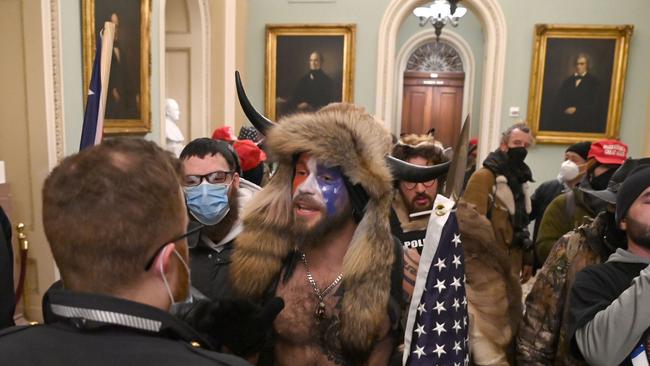
If the former president is jailed, the reaction of a section of his supporters might be violent. And there would doubtless be attempts to exact revenge, with the parties prosecuting each other each time they take office.
The arguments that inclined Ford towards a pardon – that the scandal would dominate and distract, that his predecessor going to jail would make the country look terrible, that prosecution would cause social discord – are all valid in the Trump case too. In other words, doing something might prove calamitous. Which would be decisive, were it not that doing nothing might prove even more calamitous.
I think the young Woodward and Bernstein were right and the older ones too forgiving. Nixon broke the law and should have faced the consequences. The principle that nobody is above the law should have held in 1974, as it should now.
Ford hoped he could bring an end to Watergate by pardoning Nixon, but Woodward himself wrote a book, Shadow, documenting the way the scandal shaped American politics for decades to come. The pardon probably lost Ford the presidency in 1976. So at the most practical level, Ford’s gambit failed. As would any attempt to buy social peace or political advantage by ignoring Trump’s conduct.
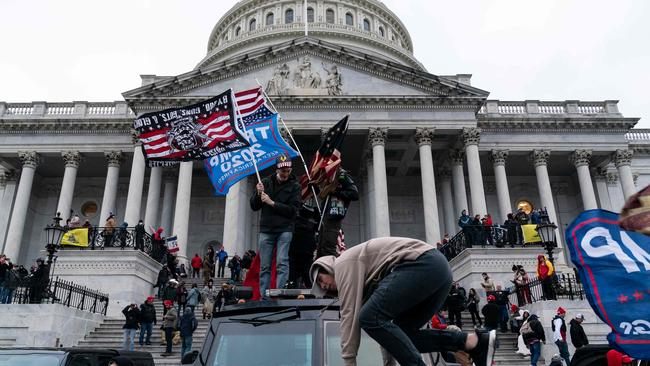
Even allowing (wrongly) that immediate political consequences were the most important consideration, an emollient and conciliatory position wouldn’t work. I am generally inclined to it, but there is no point being naive. Trump is defying facts, political norms and democratic methods.
He is being sustained in that defiance by many Republicans and he will not abandon it in response to compromise.
Yet this isn’t the most important reason for deciding not to repeat Ford’s error. That concerns the nature of the challenge posed by Trump.
Nixon’s crimes were incredibly serious. The more carefully one studies Watergate, the more startling they become. So it’s saying something to argue that the challenge Trump poses to liberal democratic order is more serious even than that posed by Nixon.
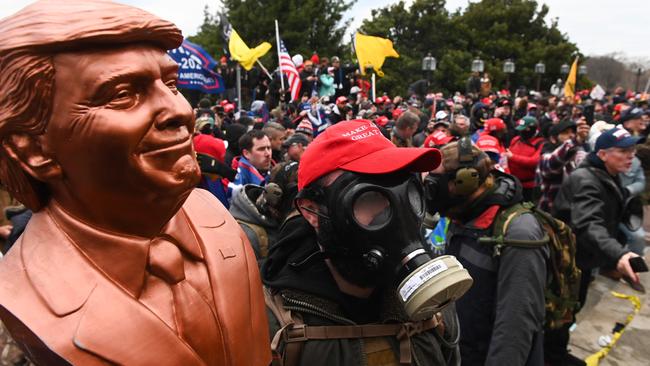
The central advantage of democracy is that it allows for the peaceful transfer of power from one administration to another. Undermine that and the whole basis of lawmaking by consent is undermined. If the justice department concludes that Trump broke the law to try to prevent the peaceful transfer of power then almost any political risk is worth taking to assert the primacy of the law. The fact that Trump’s followers would be infuriated cannot stand in the way, nor can concern that this infuriation may lead to violence.
The re-election of Trump would be a calamity. But it would be a far greater calamity if it occurred after he had learnt that the law doesn’t apply to him. If he concluded that his political support, the extent of its delusion and its violent intensity insured him against prosecution then his obvious move would be to deepen the delusion and increase the violent intensity.
It is a great risk, but it is quite possible that in 100 years no one will remember anything the Biden administration did apart from what it decided to do about this.
The law is the law. The strategy of populists is to cross the line and then keep going until the rest of us forget where the line was and lose the will to insist upon its location. This strategy cannot anywhere be allowed to be victorious.
The Times

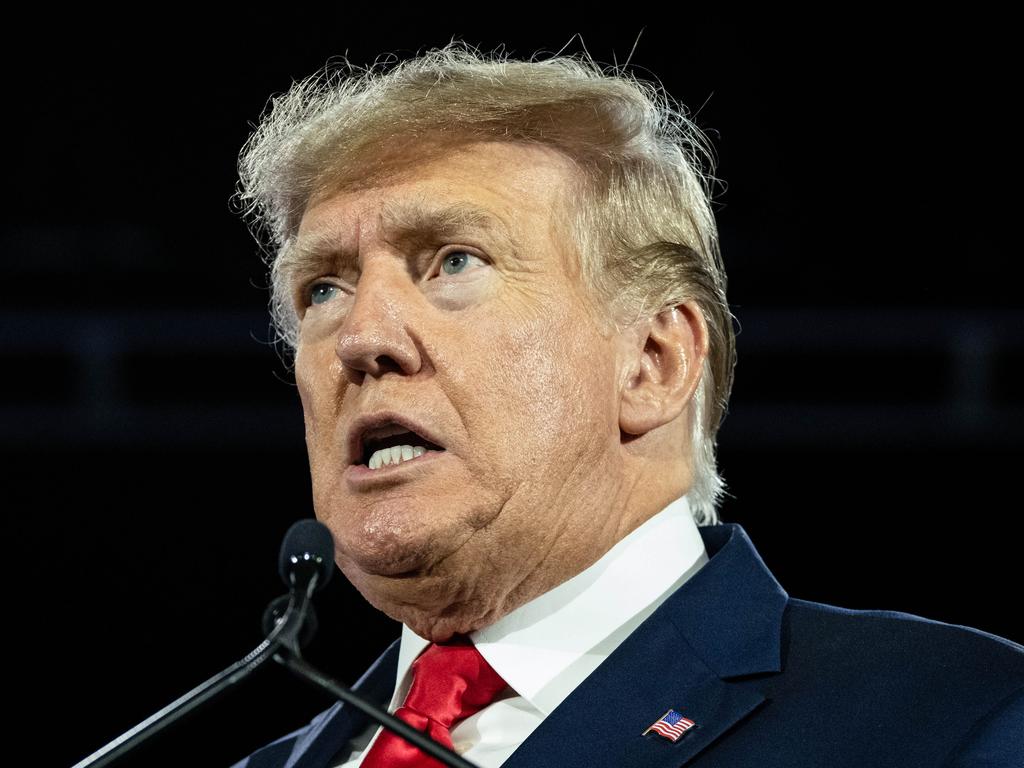

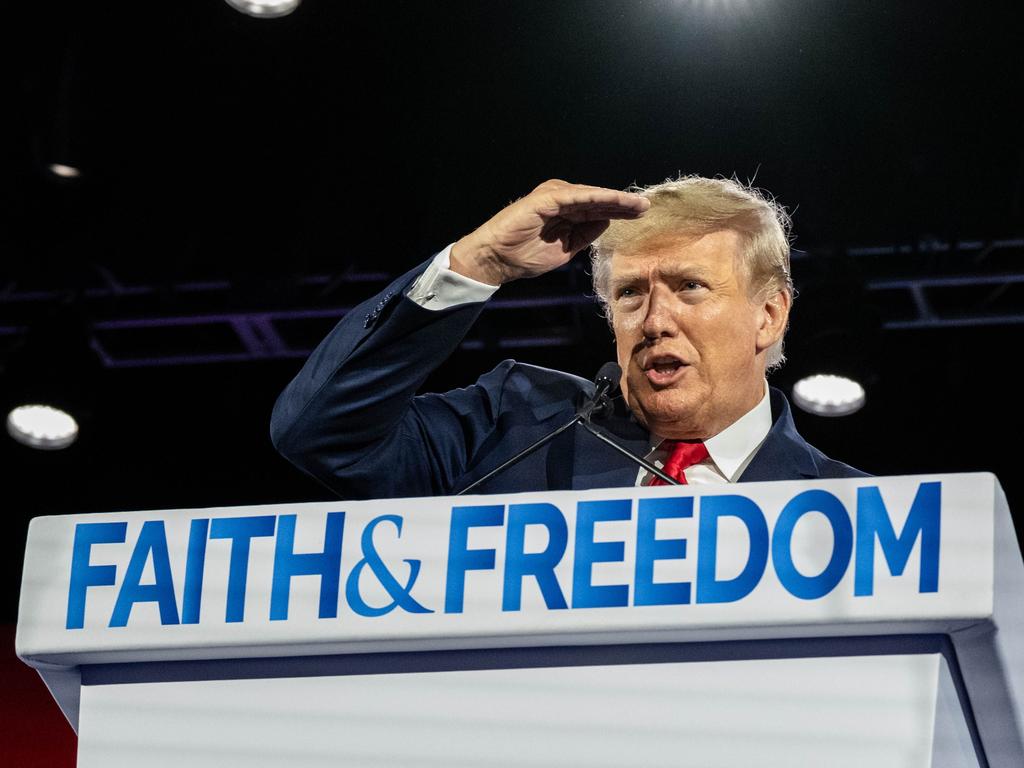
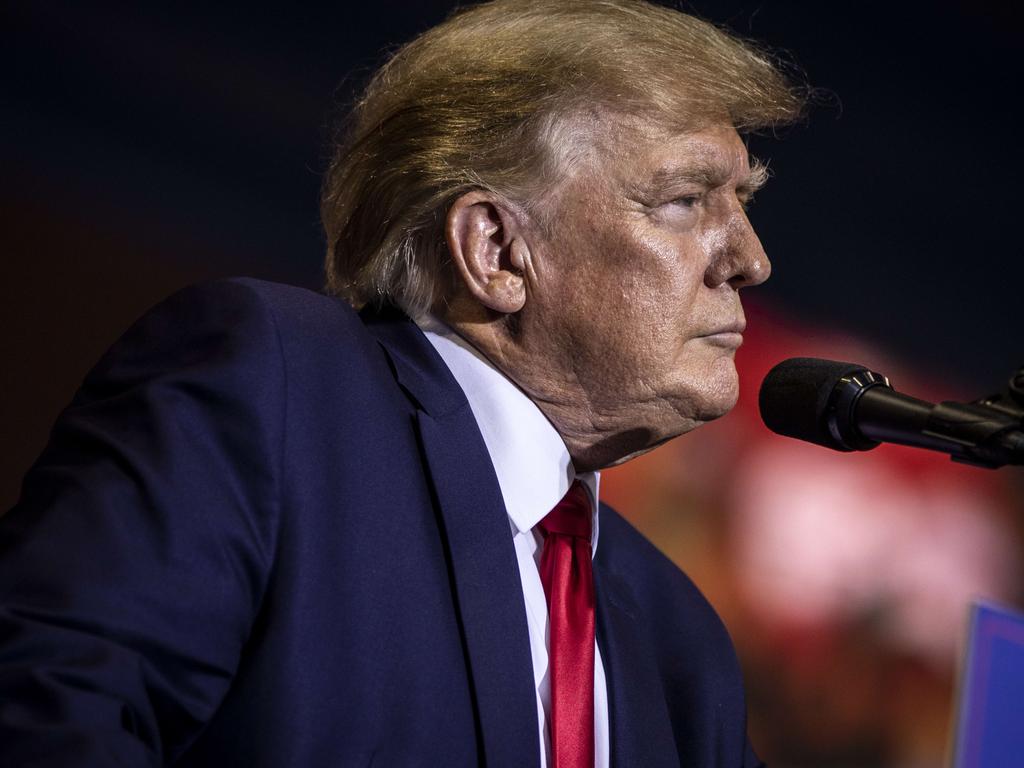


“Why did you pardon Nixon?” Gerald Ford was asked by an aide, late in his presidency. “I had to get rid of him!” Ford replied. “I couldn’t get the work done. Everybody was busy trying to crucify the guy. And I finally said to people ‘Enough already! Pardon him’.”